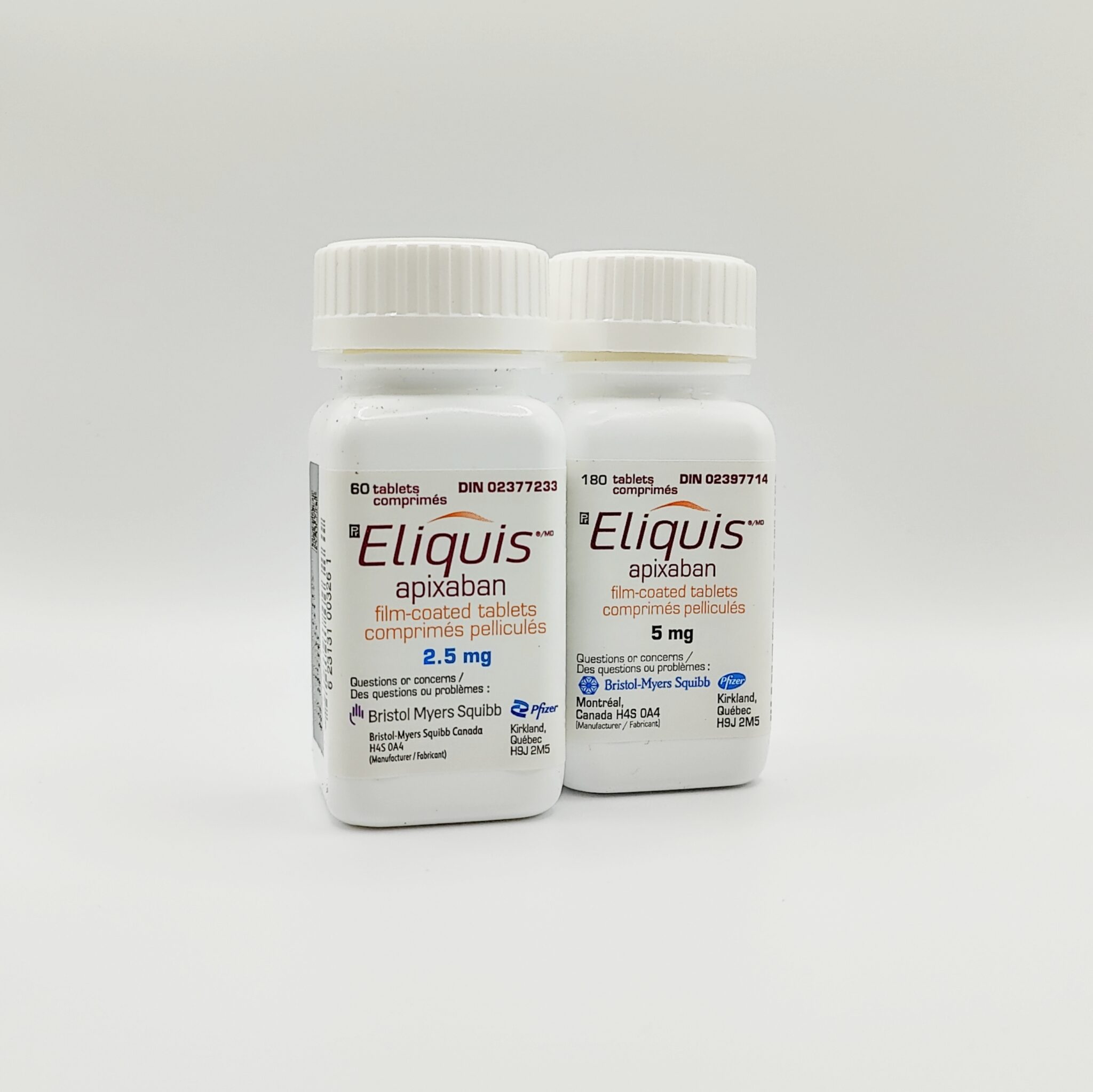
Hey, Why All the Bruises?
Let’s start with something a little weird: have you ever bumped your leg on a table—barely hard enough to notice—and then, a few days later, discovered a bruise that looks like it survived a paintball game? Yeah. If you’re taking Eliquis 5 mg twice a day, you’re probably nodding along.
I’m not kidding—I once thought I was getting mysterious “night bruises” until I realized my morning and evening ritual (those tiny, friendly-looking tablets) was transforming every minor bump into a badge of honor. You are not alone! The side effects of Eliquis 5 mg twice a day often show up in sneaky little ways like this. When you’re on a blood thinner, your blood doesn’t “hurry up” to clot. So, any bump or cut can leave a mark… or worse, linger much longer than you’d expect.
This is absolutely the most common side effect of Eliquis—bleeding and bruising that turns the tiniest scratch into a weeklong conversation starter. According to medical reports, the main thing to watch out for on this med is, yep, just how easily you can bleed or bruise according to WebMD’s rundown.
Beneath the Surface: Hidden Bleeds & Subtle Signs
You might wonder: is it just bruises or could something be going on inside? Not to scare you, but with Eliquis (also known as apixaban), even what you don’t see can matter. Let’s keep things real—a little nosebleed or gum bleed is frustrating but usually not panic-inducing. Here’s where you pay extra attention:
- Bleeding that just won’t stop (even after a “teeny little nick” from shaving)
- Blood in your pee (pink, red, or brown tint—yup, check the bowl)
- Stools that are red or inky black (like tar—maybe overshare, but it matters!)
- Coughing or throwing up blood (or stuff that looks like coffee grounds—yes, really!!)
- Severe headache, weakness, or dizziness out of the blue
These aren’t “regular” bruises—these are the ones that mean, call your doc or just head to the ER. Especially if you’re over 65, the side effects of Eliquis in the elderly are a bit trickier. Our bodies change, and so does how we handle blood thinners (no shame in being extra careful).
“But Is It Just Me?” (Spoiler: Nope.)
Let’s be honest. The day-to-day stuff—longer nosebleeds, bruising after playing with your grandkid, gums that sulk after flossing—happens to a lot of people on Eliquis. How do I know? Because not only do the experts say so in practical guides, but I literally compared notes with my friend Tom, who’s been dealing with “mystery bruises” for years. He laughed, “If I bump into the fridge, it’s like my thighs are prepping for Halloween makeup.”
Table: Minor vs. Serious Bleeding—What’s What?
| Minor Bleed (Annoying, not Scary) | Serious Bleed (Get Help!) |
|---|---|
| More bruises, lasting longer | Blood in your urine or stool |
| Nosebleeds that stop on their own | Bleeding that won’t stop |
| Gum bleeds after brushing | Vomiting or coughing up blood |
| Heavier periods (if you menstruate) | Very severe headache/dizziness |
Not sure if your experience is “normal?” It never hurts to ask your doctor. (And for heaven’s sake, if you’re heading in for a dental procedure or surgery, always say you’re on Eliquis! Saves everyone a big mess.)
Side Effects Nobody Warned Me About
Let’s talk about the more “background noise” stuff. Nausea, feeling lightheaded, periods of just being a little extra tired—these aren’t always on the big scary warning list, but boy are they real.
Is the Pill Making My Stomach Upset?
Short answer: Possibly. In fact, some folks find that Eliquis (yep, even at the 5 mg twice-daily dose) can toss your tummy for a loop. Nausea pops up for about 1 in a hundred people, give or take, according to detailed reviews at Medical News Today. Not as common as bleeding, but… it’s a thing.
One small, slightly embarrassing confession: I always pop my pill with a spoonful of yogurt now. Why? Because, for months, if I took Eliquis on an empty stomach, my insides would stage a protest. It sounds silly, but a “Eliquis breakfast club” routine—food first, then medicine—can tame the worst of it. My aunt, who also takes it, calls her little ritual “breakfast before blood thinners.” Whatever works!
Personal Touch: What Helped Me?
- Never take Eliquis on an empty stomach (unless your doctor specifically says otherwise)
- Keep water handy, and avoid gulping it down like you’re racing for a finish line
- If the queasiness sticks around, note when it happens and ask your provider if a timing swap could help
Don’t let a little nausea scare you into skipping doses, though. That brings me to another weird-but-serious angle…
What Happens if You Skip a Dose?
I’ll say it one more time—don’t ghost your blood thinner. Skipping doses or “just taking a break” (even if a side effect annoys you) increases your risk for what you were trying to avoid in the first place: blood clots and strokes as noted by the official Eliquis safety info.
Seriously, Eliquis doesn’t just slow your clotting—if you stop suddenly, especially after weeks or months, your blood might “rebound” with even higher risk. The Eliquis 5 mg side effects (and yes, the benefits) only work if you actually take it!
Missing a Dose—Now What?
If you’re less than six hours late, pop that pill as soon as you remember. More than six hours? Skip and go back to your normal schedule. Seriously, don’t double up unless your doctor says so (practical guide here).
Anecdote time: My neighbor Hal forgot his morning dose, and by noon, he was panicking. He called his pharmacist, and they said, “Don’t sweat the small stuff, just don’t make it a habit.” We all need reminders! Set a phone alarm, ask your partner to nag you—whatever works.
Comparing Eliquis: Is It Safer Than Other Blood Thinners?
Maybe you’re curious—why is everyone on Eliquis instead of good old warfarin now? I did some digging. Turns out Eliquis is the “cool kid” because it’s just as good (or better) at preventing strokes, but causes less serious bleeding compared to warfarin according to research.
| Feature | Eliquis | Warfarin |
|---|---|---|
| Main Side Effect | Bleeding, bruising | Bleeding, bruising, skin necrosis, more |
| Diet Required? | No | Yes (avoid vitamin K swings) |
| Regular Lab Tests? | Nope | Frequent INR checks |
| Drug Interactions? | Some, but fewer | Many—antibiotics, antifungals, foods |
| Reversal Agent (if bleeding)? | Yes (andexanet alfa) | Yes (vitamin K, plasma) |
Long story short: Eliquis is easier for daily living and comes with fewer “handle with gloves” warnings than warfarin according to pharmacist comparisons. You still need to respect its power, though.
Anything Extra We Should Worry About?
Here’s the part no one ever talks about: rare stuff. Like what if you need a spinal injection? Eliquis can sometimes (not often) cause clots or bleeding in the spinal/epidural area, especially after certain procedures. That rarely happens, but if you ever need something like a spinal tap or anesthesia, wave your “I take Eliquis” banner loud and proud.
Also: some folks notice allergic reactions—the “suddenly faint, swollen lips, rash, or hives” kind. Again, rare, but you should call 911 if anything feels that off. Always better to overreact with allergy stuff.
Quick Recap: The Main Side Effects of Eliquis 5 mg Twice a Day
- Bruising and bleeding… everywhere (gums, nose, skin, bowels)
- Nausea, occasional dizziness or tiredness (less often but real)
- Serious bleeds inside—get help for blood in pee/stool, non-stop bleeding, sudden headaches, or fainting
- Don’t skip doses, and don’t stop suddenly without medical advice—clots can rebound
- Watch out for allergies or rare reactions after surgeries or spine procedures
If you want the deep dive on how these Eliquis 5 mg side effects compare for older adults, or more stories from people who’ve been through it all, check out the best guides on side effects of Eliquis in the elderly. The stories and advice are honestly reassuring.
Wrapping Up: Living with Eliquis, One Pill (and Bruise) at a Time
There you have it—the unfiltered truth about the side effects of Eliquis 5 mg twice a day. You’ll probably have some little battle scars (maybe more than you bargained for), and there might be days your stomach grumbles a protest or you feel a bit more tired or blue.
The key? Don’t let the side effects become scarier than the conditions Eliquis is protecting you from. Take note of what’s happening in your body, talk honestly with your healthcare team, and never be shy about raising a question or concern. If a small tweak (like timing your pill around a snack) helps, do it. If you’re not sure whether you should call your doc, just call them. No one ever regrets playing it safe.
We’re all figuring this out together—and hey, if you want more tips or want to share your “bruising badge of honor,” jump in the comments or read more first-hand stories on side effects of Eliquis in the elderly. Stay curious. Advocate for yourself. And remember, a few more bruises just mean you’re getting wiser… and maybe swapping tips with the rest of us in the “Eliquis club.”

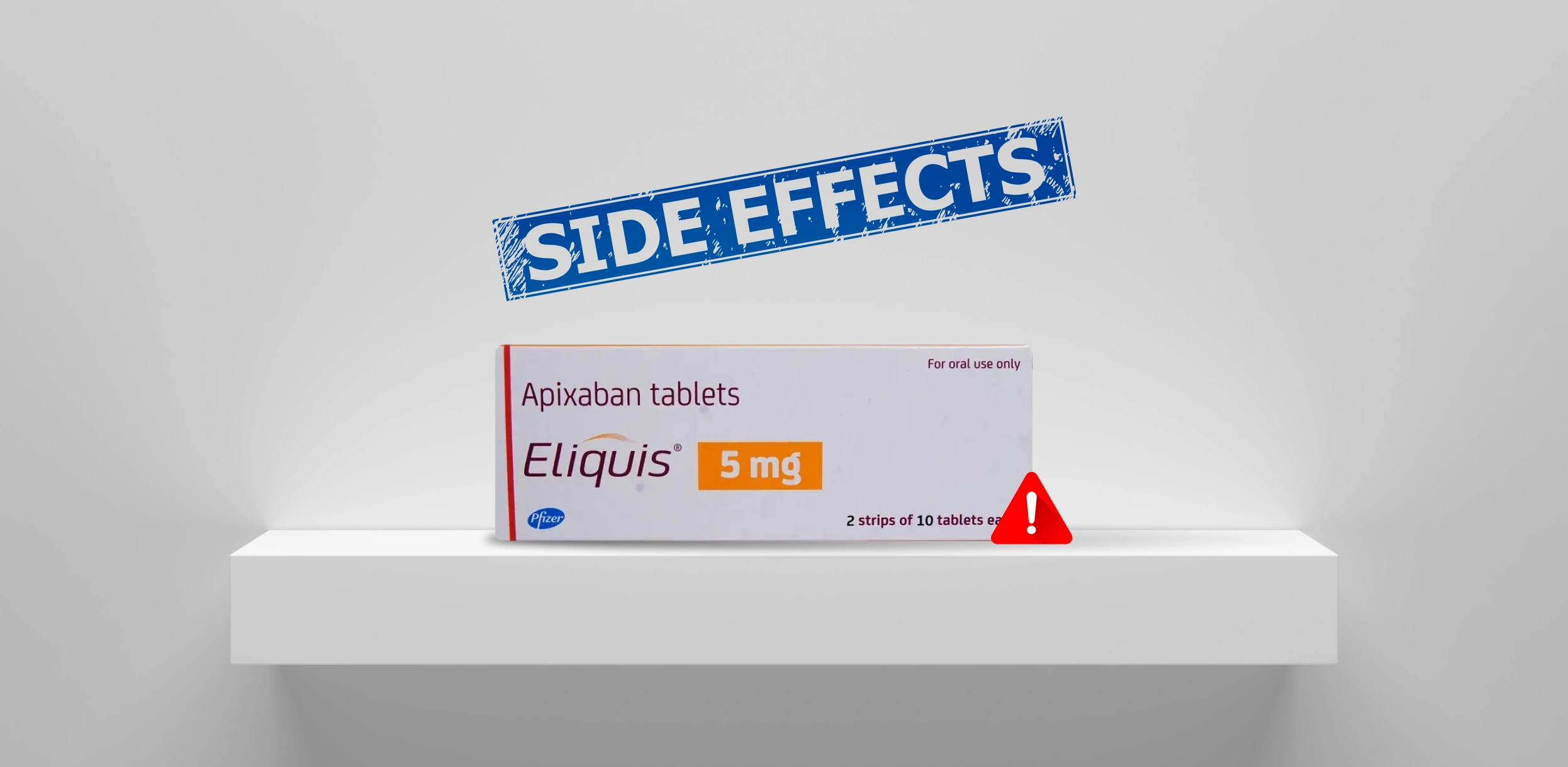


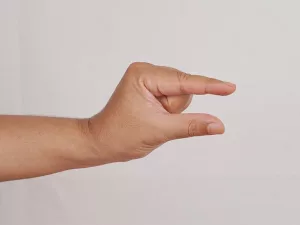








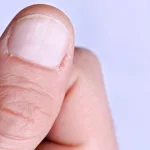







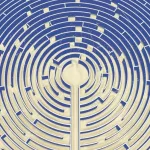


Leave a Reply
You must be logged in to post a comment.